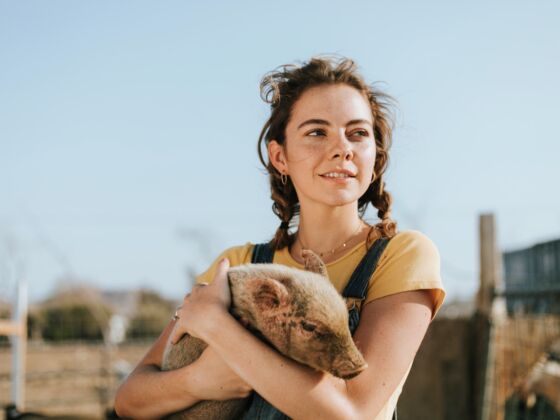With recent currency inflation and the approach of two major sports events, the 2014 FIFA World Cup and 2016 Summer Olympics, now more than ever traveling in Brazil can be expensive. Projects like World Wide Opportunities on Organic Farms, or simply WWOOF, are a way for travelers to counterbalance this expense and live for free with locals.
WWOOFing is an exchange — in return for volunteer help, hosts offer food, accommodation, and a chance to learn about organic farming and sustainability. Volunteers can expect to do a variety of tasks such as gardening, fencing, milking, sowing seeds, and cleaning pens, and are usually asked to work 4 to 6 hours a day; stays range from just a few days to several months.
